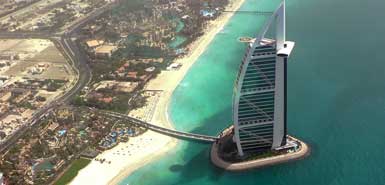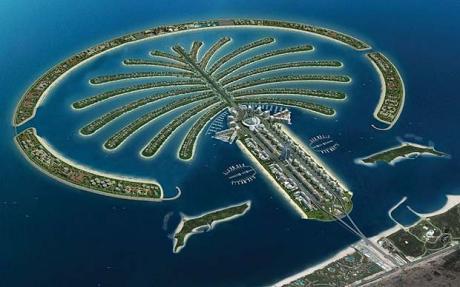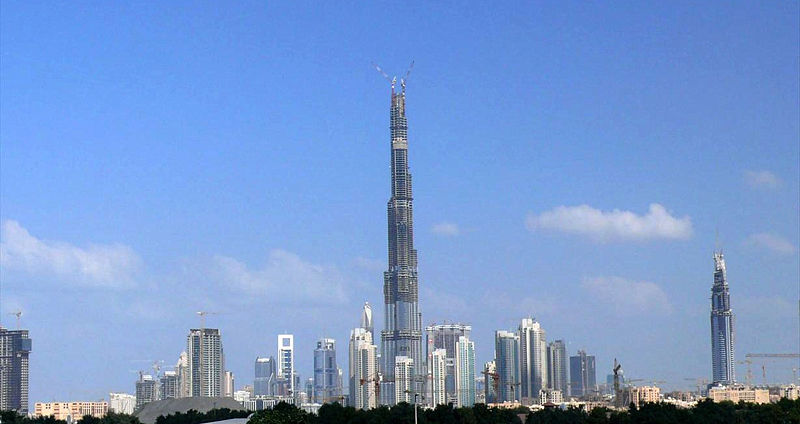– UK jobless rise of 40000 in a week just ‘tip of the iceberg’ (Telegraph)
– Schwarzenegger Says Deficit has ‘Incapacitated’ State (Bloomberg):
Jan. 15 (Bloomberg) — Governor Arnold Schwarzenegger said California has been so “incapacitated” by a fiscal crisis that threatens to leave it unable to pay bills within weeks that the only issue he and lawmakers must consider is how to fix it.
– Charter misses $74 mln in debt interest payments (Reuters):
NEW YORK, Jan 15 (Reuters) – Charter Communications, the fourth largest U.S. cable operator, said on Thursday it missed interest payments of $73.7 million as it continues to negotiate a debt restructuring with bondholders.
The company said it has until Feb. 15 to make the payment and avoid default, which could push it into bankruptcy.
– ECB cuts rates by 50 points to 2% (Financial Times):
Eurozone interest rates fell by half a percentage point to their lowest in more than three years on Thursday as the European Central Bank said that it expected the recession to deepen and signalled that borrowing costs could fall further.
Jean-Claude Trichet, ECB president, warned that growth forecasts published only last month would have to be revised downwards in a sign of the ferocity of the downturn.
– Pfizer May Fire 2,400, One-Third of U.S. Sales Force (Bloomberg):
Jan. 15 (Bloomberg) — Pfizer Inc., the world’s biggest drugmaker, may fire almost a third of its U.S. sales force, or as many as 2,400 workers, in a plan under consideration by senior management, people familiar with the discussions said.h the discussions said.
– JPMorgan chief says 2009 will be bleak (Financial Times):
The US financial and economic crisis will worsen this year as hard-hit consumers default on credit cards and other loans, Jamie Dimon, chief executive of JPMorgan Chase, has predicted in an interview with the Financial Times.
– JPMorgan Profit Drops 76 Percent on Asset Writedowns (Bloomberg)
– Yet another blow to the US newspaper industry (Guardian)
– Aircraft industry shocked by view from ground (Financial Times)
– Airbus forecasts ‘very challenging’ year (Financial Times):
Airbus on Thursday said its new commercial aircraft orders had fallen sharply last year, as the European aerospace group forecast “a very challenging year” for the industry in 2009. Net new orders fell by 42 per cent last year to 777, from a record 1,341 won in 2007.
– Irish government fears IMF intervention (Guardian)
– Ireland plans drastic cuts to prevent debt crisis (Telegraph):
Ireland is to demand pay cuts for civil servants and public employees to prevent the budget deficit soaring to 12pc of gross domestic product by next year – becoming the first country in the eurozone to resort to 1930s-style wage deflation to claw back competitiveness.
– If anyone doubted scale of crisis, work even halts in Dubai on world’s tallest tower (Scotsman)
– Hedge funds ‘encourage bankruptcies’ for profit (Guardian)
– Spain’s Debt Costs Rise at Bond Sale After S&P Alert (Bloomberg)
– Banks gird for commercial property collapse (FinancialWeek):
Some of the biggest financial institutions have huge, potentially troublesome commercial real estate stakes, Standard & Poors data shows. Based on information in their most recent financial reports, Citigroup and Barclays each had more than $20 billion worth of commercial mortgage-related investments. Merrill Lynch, acquired by Bank of America last year, had some $19.7 billion in such investments, according to S&P.



